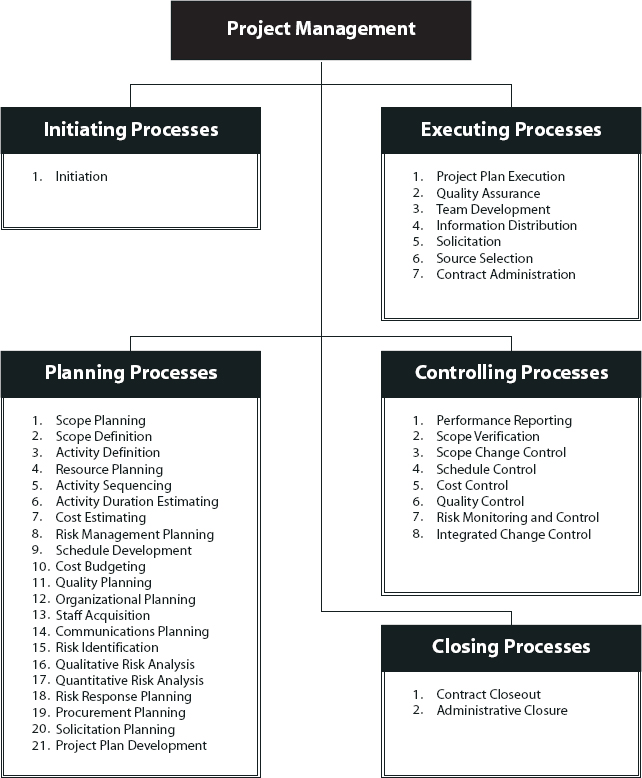Project management is the process of planning, executing, and monitoring a project to ensure its successful completion. It involves setting objectives, determining the resources needed, and assigning tasks to individuals or teams. Project management is essential to the success of any project, large or small.
There are two main types of project management: traditional and agile. Traditional project management is a more linear approach, while agile project management is more flexible and adaptable. Both approaches have their own advantages and disadvantages, and the best approach for a particular project depends on the nature of the project and the preferences of the project manager.
Traditional Project Management
Traditional project management is a more linear approach. It involves breaking a project down into smaller, more manageable parts and then working on each part sequentially. This approach is often used for projects that are well-defined and have a clear end goal. It is also well suited for projects that are not likely to experience many changes or unforeseen problems.
One advantage of traditional project management is that it is easier to track progress and identify potential problems. This approach also allows for better resource allocation, as each part of the project can be assigned to a specific individual or team.
However, traditional project management can be inflexible and slow to adapt to changes. It is also less suited for projects that are complex or likely to experience unexpected problems.
Agile Project Management
Agile project management is a more flexible and adaptable approach. It involves breaking a project down into smaller parts, but instead of working on each part sequentially, work is done in short bursts or sprints. This approach is often used for projects that are complex or likely to experience unexpected problems.
One advantage of agile project management is that it is more flexible and can adapt to changes more easily. This approach is also better suited for projects that are complex or have many moving parts.
However, agile project management can be more difficult to track progress and identify potential problems. This approach also requires more communication and coordination among team members.
